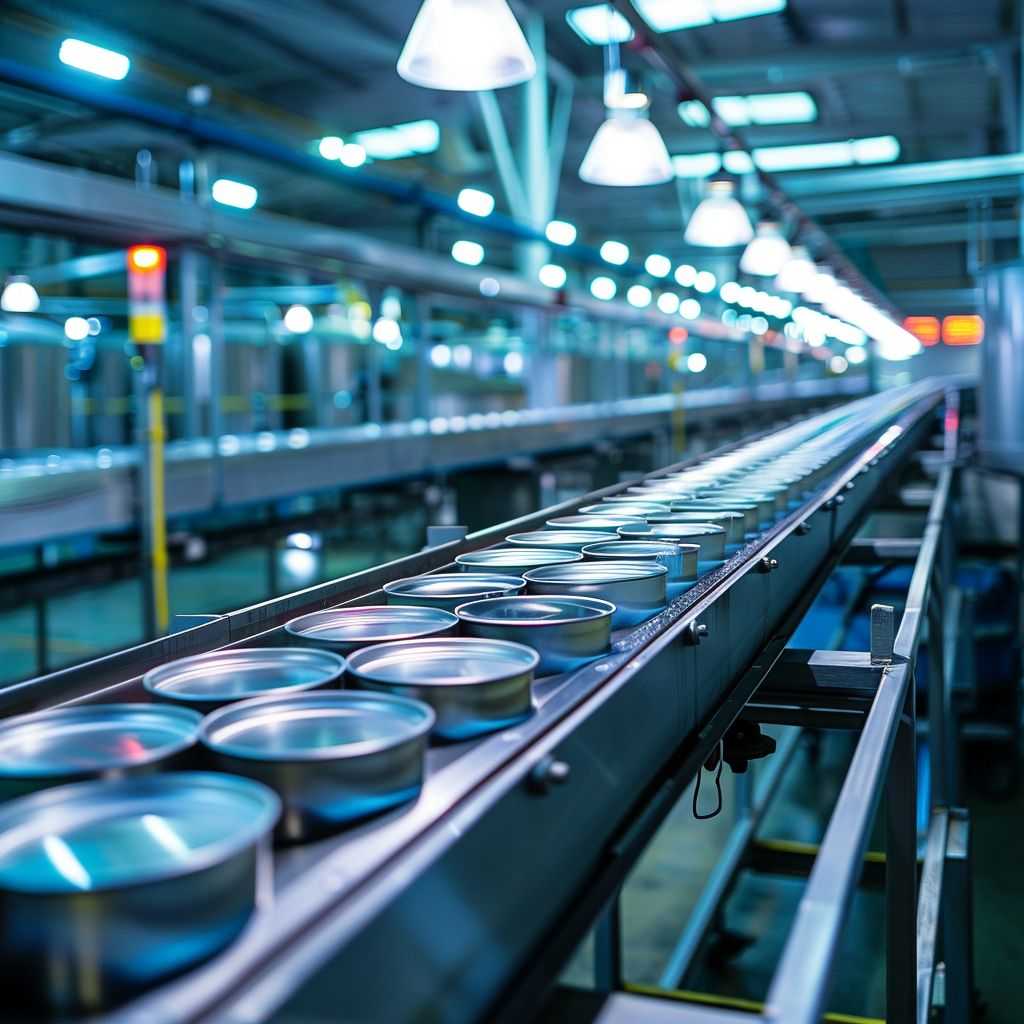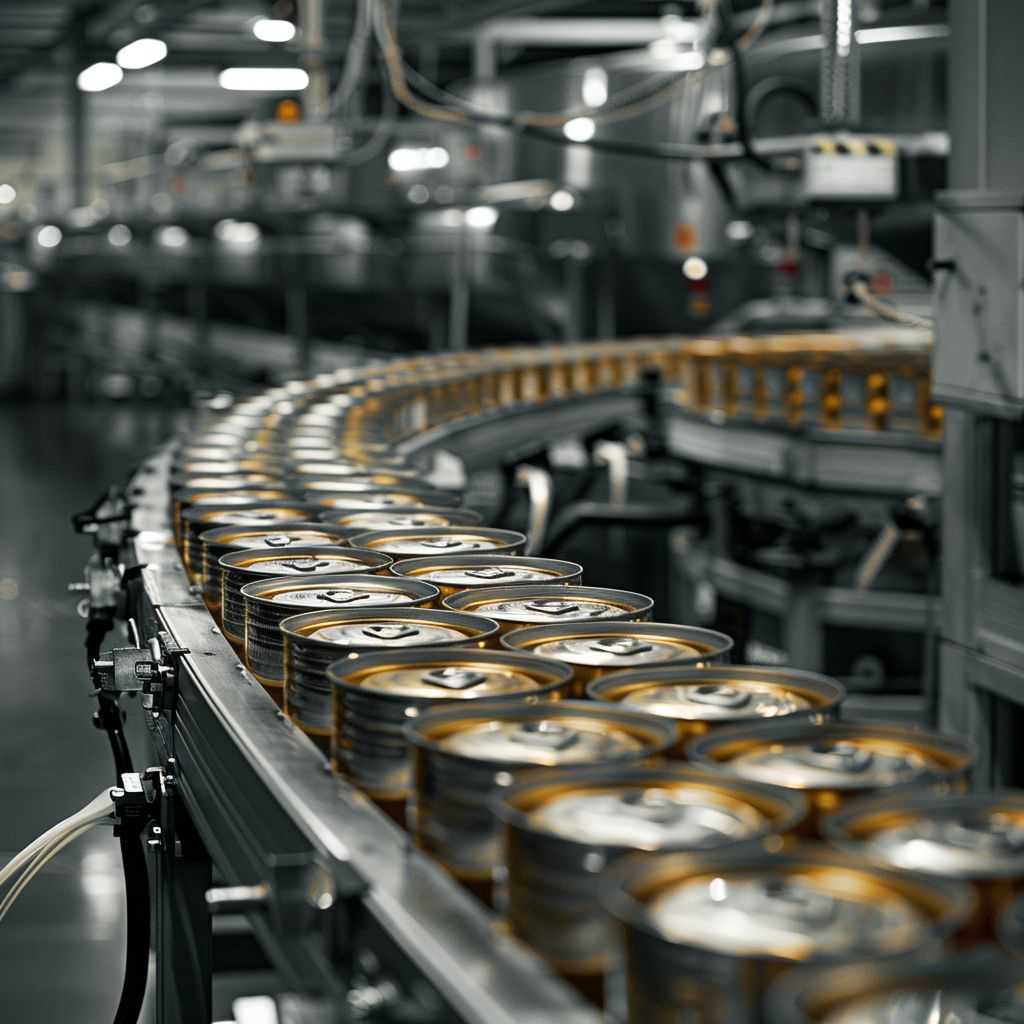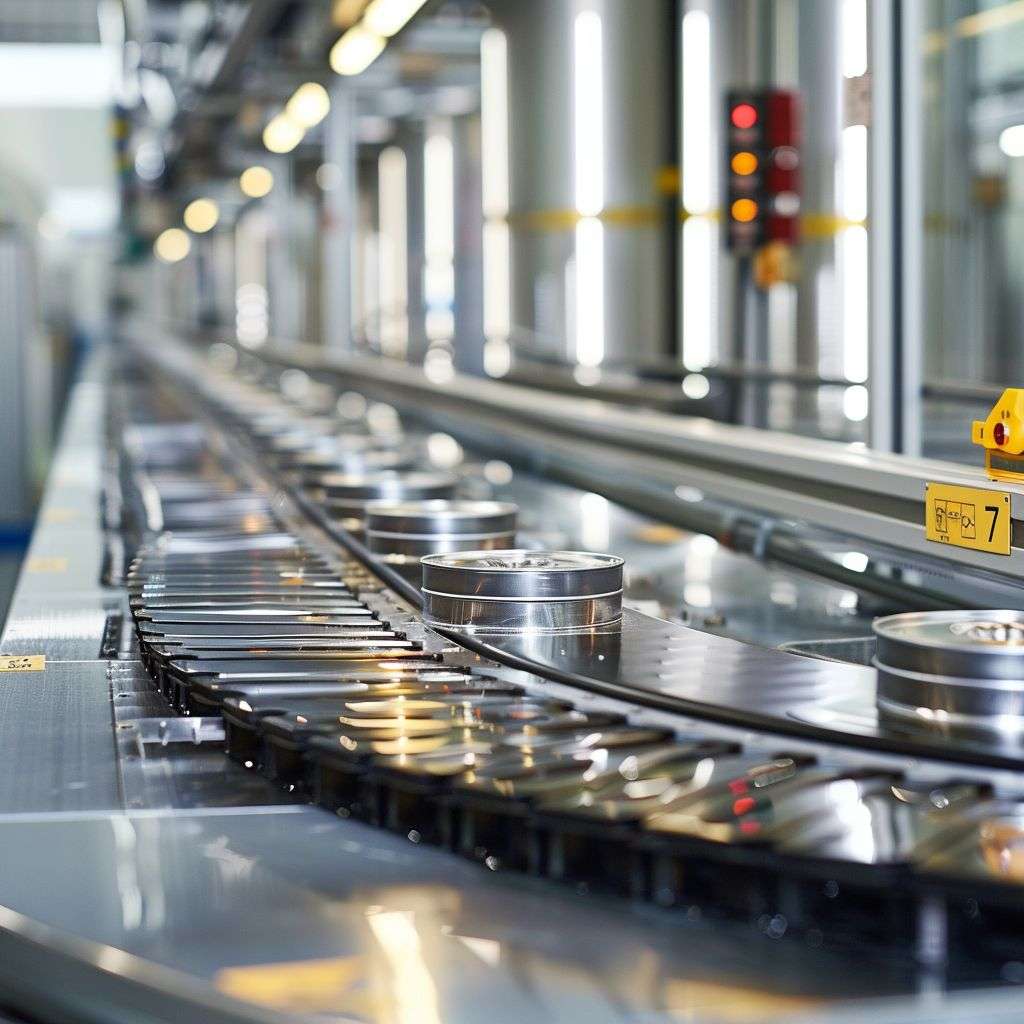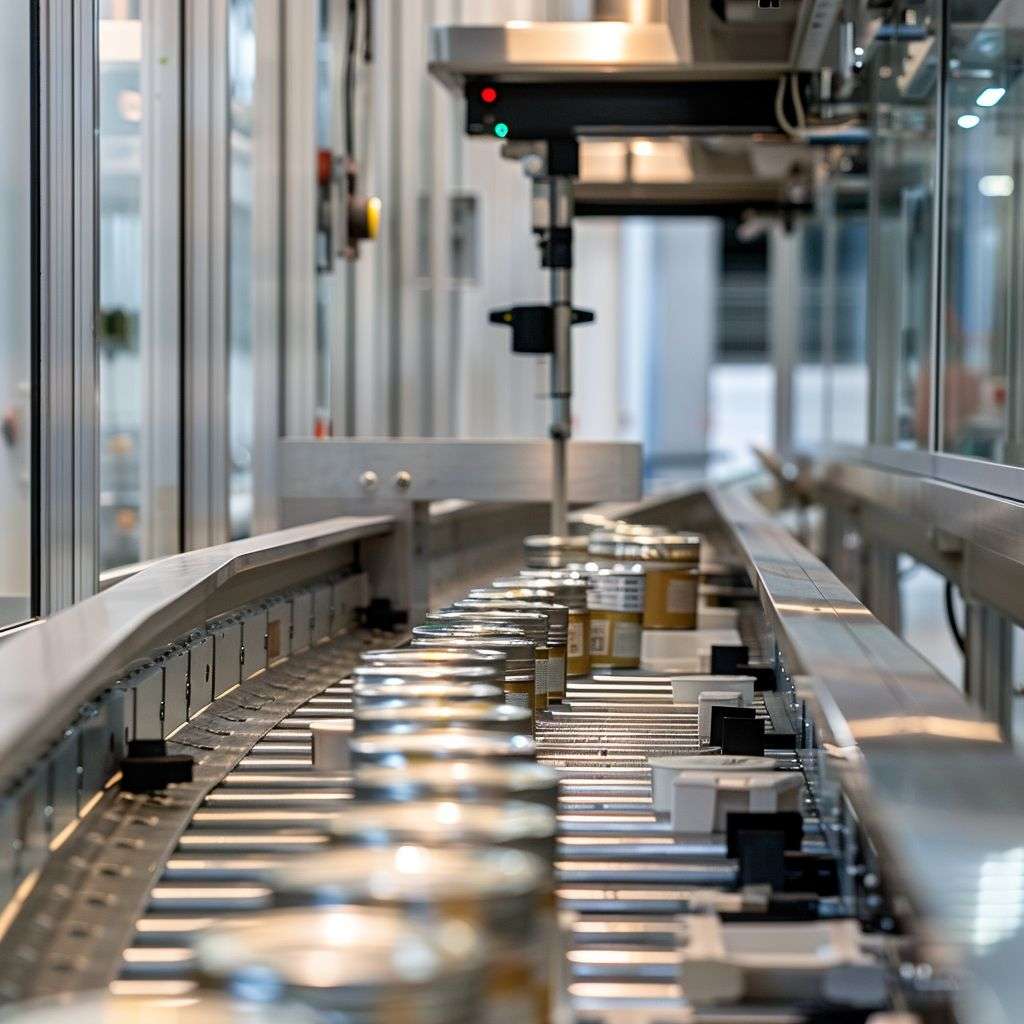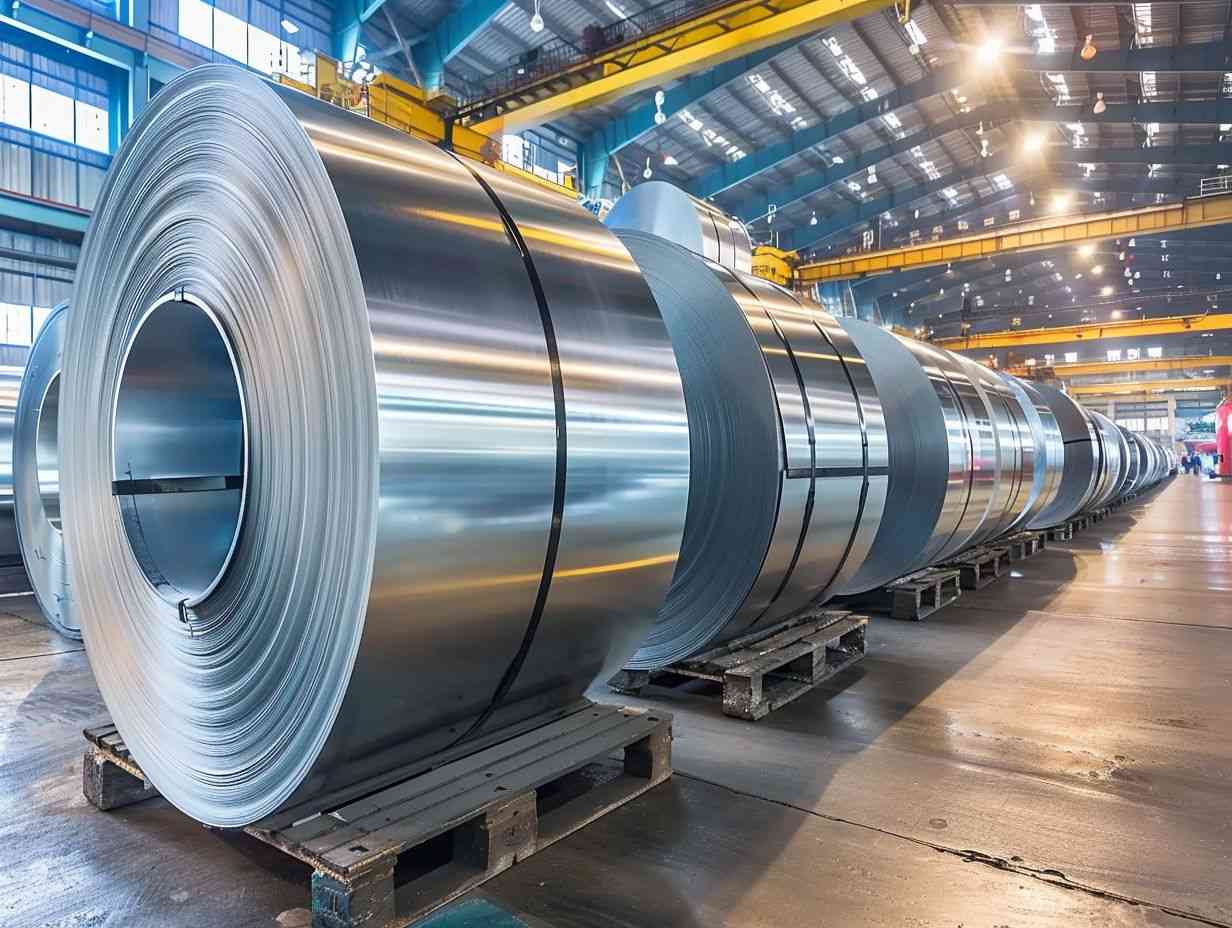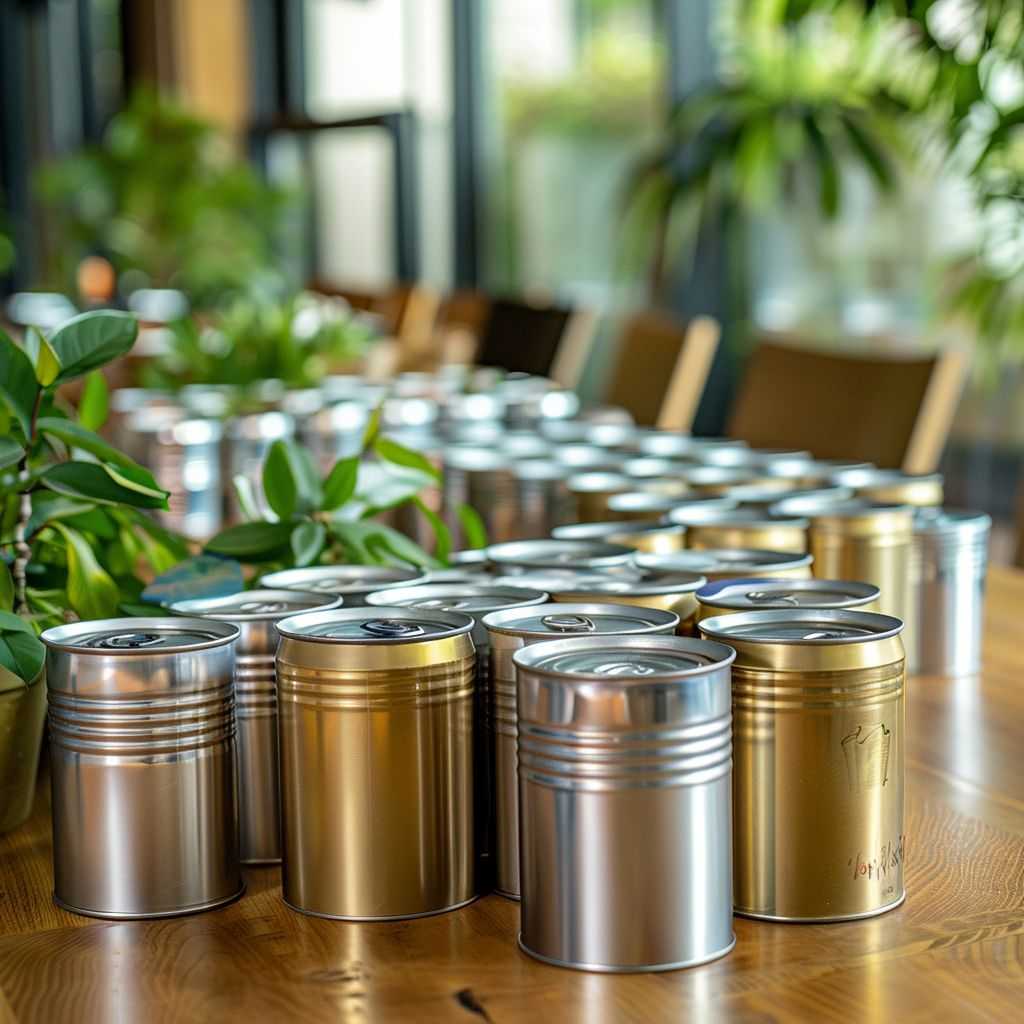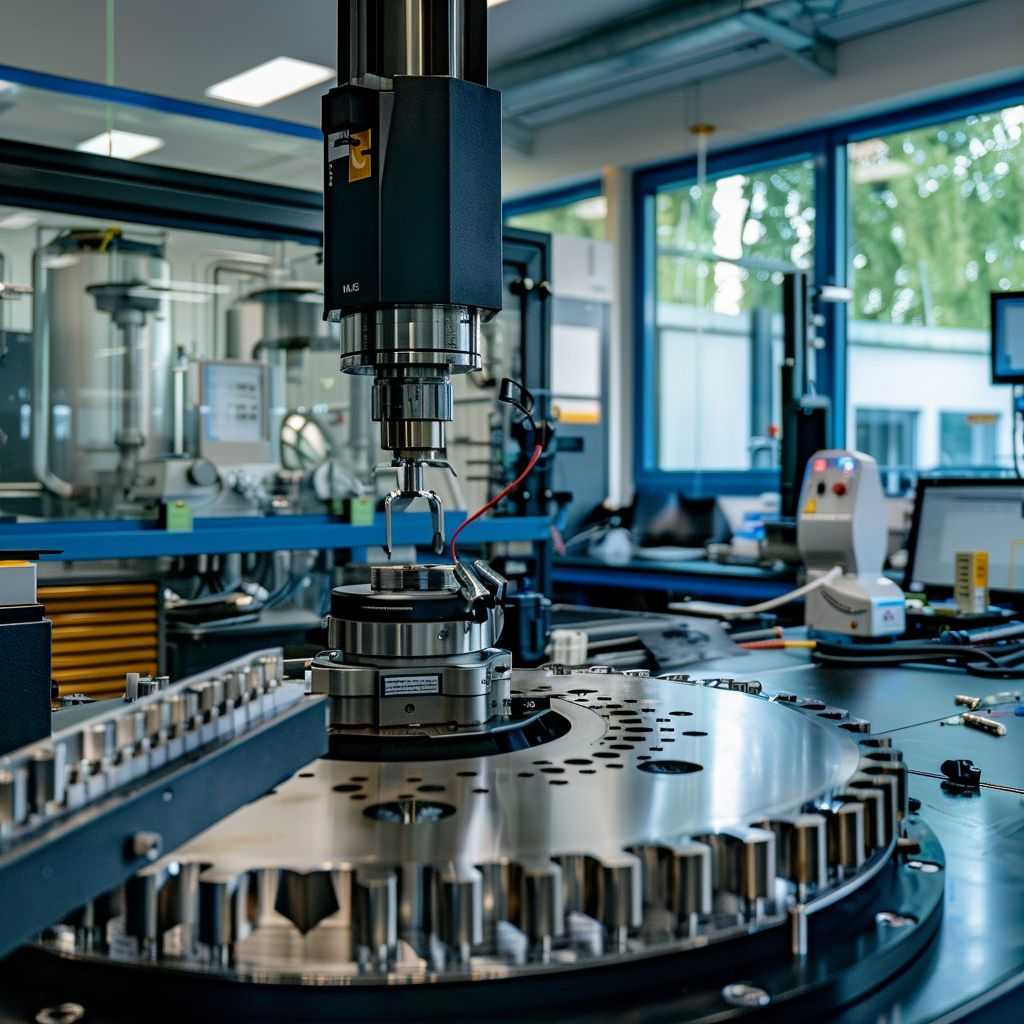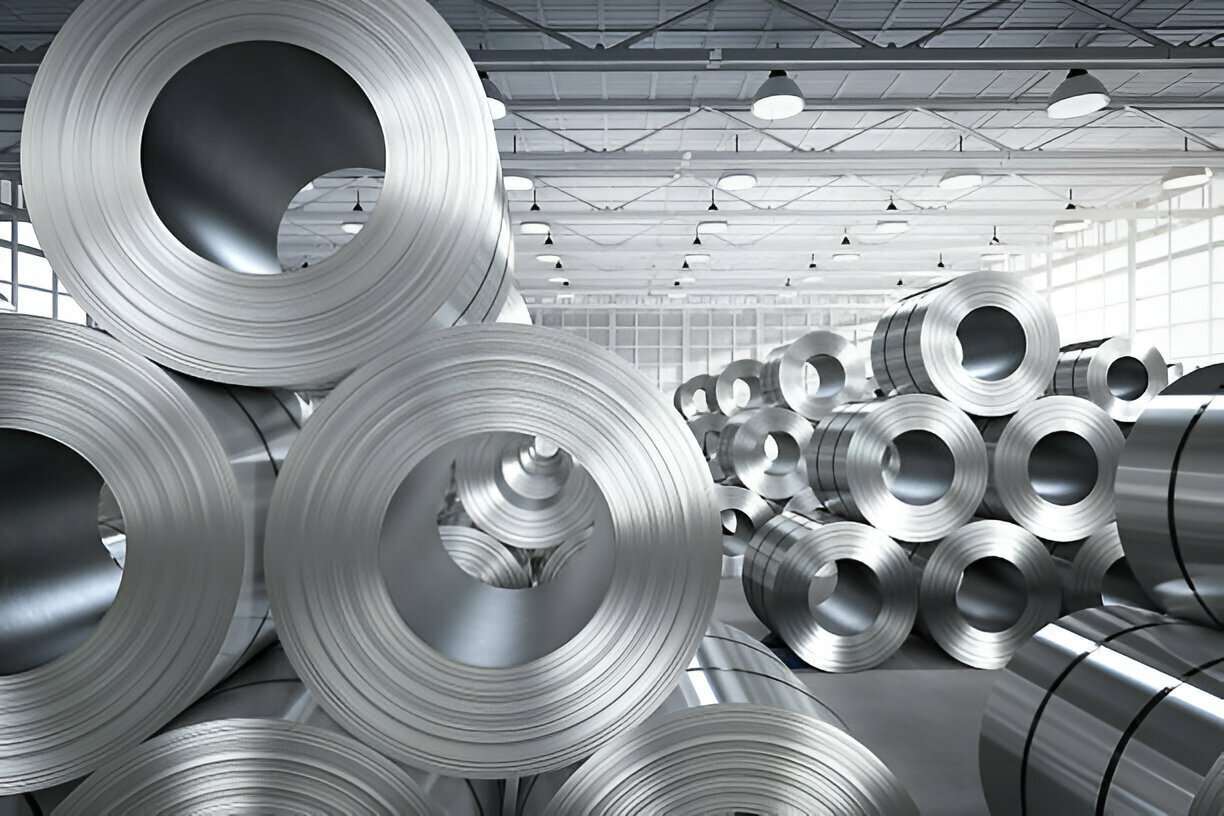
Is it Safe to Cook in Tin-Lined Copper Pots?
Copper heats quickly and evenly (even better than stainless steel! ), helping you conserve energy by using less heat. However, its melting point of 450F requires care not to overheat your pans. Copper reacts with certain food acids when heated at high temperatures, creating toxic compounds. To mitigate this potential problem, copper cookware is usually lined with tin. Over time however, its protective layer wears down over time; when more than a quarter-sized area of copper shows through, retinning may

